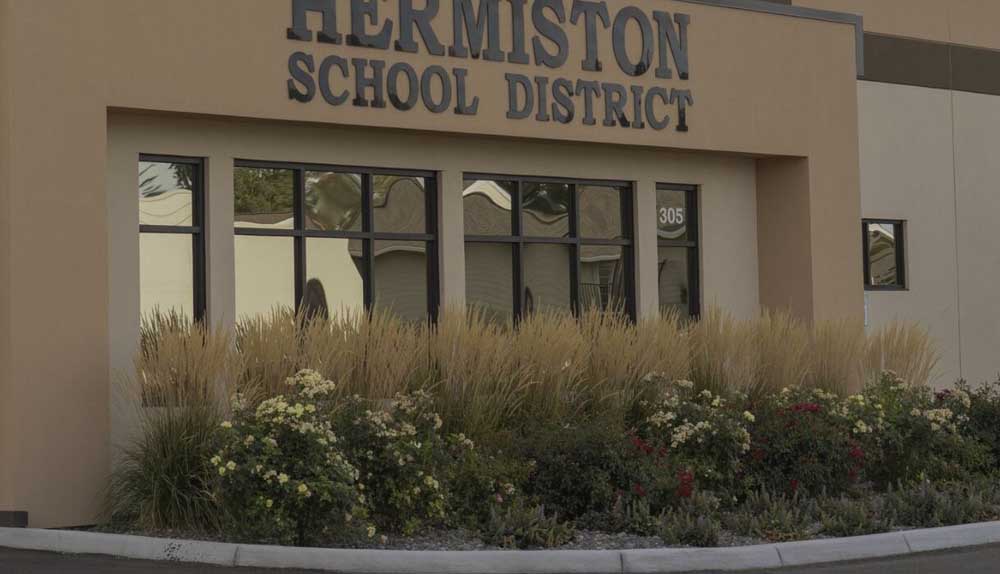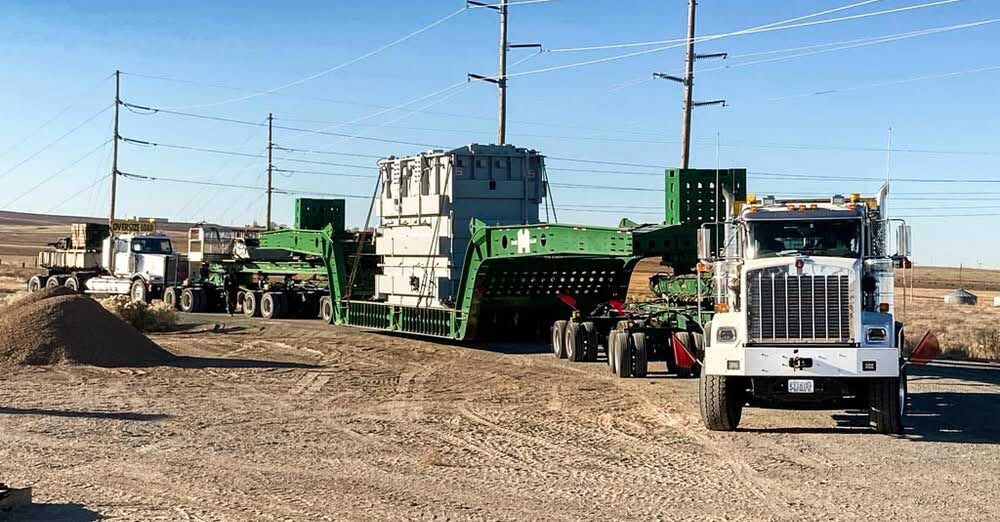Metal recycler faces fine by DEQ
Published 5:54 pm Sunday, June 22, 2014
Eugene scrap metal recycling company Pacific Recycling has been hit with a nearly $328,000 fine for allegedly failing to comply with state Department of Environmental Quality regulations.
The company, started by Rod Schultz in 1985, was cited for failing to implement a stormwater pollution control plan — which is required by the DEQ for controlling industrial pollutants such as copper, zinc, lead, dirt and sediment as well as oil and grease from the recycling facility. Stormwater runoff from the facility, at 3300 Cross Street in Eugene, flows through several sloughs before being deposited into Amazon Creek, which eventually leads to Fern Ridge Lake.
The city of Eugene works with DEQ officials to monitor and enforce permit regulations.
“The main concern is heavy metals contamination,” said Jonathan Wilson, a stormwater regulatory compliance coordinator with the city of Eugene. “That can have a variety of effects (on river life) from impacting a fish’s navigational system to reproductive failure.”
DEQ wastewater permits set maximum discharge levels for pollutants and lower, “benchmark” levels. When a permittee exceeds benchmark levels, the permit-holder is required to develop an action plan that details how higher-than-normal pollutant runoff will be addressed.
Between 2008 and 2011, Pacific Recycling exceeded benchmark limits 41 times without submitting required action plans on time, Wilson said.
In October 2010, the company applied for a permit to expand its existing 10-acre site onto 11 adjacent acres. And in 2011 Pacific Recycling submitted an action plan to the DEQ proposing to install additional stormwater treatment — to be constructed on the 11-acre expansion — that would manage stormwater for the entire 21-acre facility. Pacific Recycling estimated the work would be complete by August 2012.
But things went slower than Schultz planned. The expansion project was still in the planning stages, when in 2012 a legal battle ensued over it.
Competitor Schnitzer Steel of Portland claimed the city of Eugene erred in approving Pacific Recycling’s plan to install metal shredding equipment as part of the expansion. Over the next year-and-a-half another competitor, Portland-based Metro Metals Northwest, joined in the legal battle against Pacific Recycling’s expansion.
Ultimately, last fall, the state Land Use Board of Appeals denied the legal challenges and upheld the city’s approval. Schultz said the ongoing litigation made lenders hesitant to help Pacific Recycling with the expansion.
“We could’ve done something, looking back, (but) you keep thinking that (a legal decision) is going to happen sooner than it does,” Schultz said. “It’s one thing after another that you fight. But we could’ve done something in the interim to make it better.”
Fine has two parts
The DEQ said that as of June 13, Pacific Recycling has not installed pollutant filtering system and continues to exceed benchmarks for copper, zinc, lead, suspended solids, and oil and grease.
The DEQ has ordered Pacific Recycling to submit revised plans and install a treatment system later this summer and fall.
The fine is comprised of two parts. The smaller portion — $9,600 — is the assessment for the violation. The bulk of the penalty — $318,086 — is known as the “economic benefit,” the benefit that the company derived by failing to install the treatment system in August 2012.
“It’s a calculation made by an (Environmental Protection Agency) computer model,” said Courtney Brown, a DEQ environmental law specialist. The EPA computer model takes into account variables including inflation rates, income tax rates and a construction cost index, Brown explained.
“(The economic benefit) is meant to even the playing field — so the one who’s polluting doesn’t have an unfair advantage,” Brown said.
Schultz said it’s hard to collect and filter stormwater on the property.
“There’s an ungodly amount of metal brought into this place to be recycled,” Schultz said. The old 10-acre portion of the site lacks sufficient impervious surfaces to collect rainwater that has mixed with metals from running off the site. The expansion is supposed to fix that.
“Every inch of what we’re doing on the 11-acre (expansion will be) impervious surface” that will enable stormwater to be collected and treated, said Mark Losco, environmental manager for Pacific Recycling.
Three main components
When complete, the new $400,000 system will feature three main components, Losco said.
There will be concrete-lined water retention areas that can hold up to 700,000 gallons. Then there will be a system to separate solids and oil from the water. And there will be a special filtration system that uses electric charges to coagulate and extract metals, dirt and oils from the water.
“When it’s up and running, it’s designed to handle the stormwater for all 21 acres,” Losco said.
The facility will have “zero discharge” into waterways, the company says. All collected stormwater will be used to cool the metal shredding equipment and will then be allowed to evaporate, he said.
The plan should bring the company into compliance, the city’s Wilson said.
If Pacific Recycling meets the Oct. 1 deadline, the DEQ will re-evaluate the economic benefit portion of the penalty as “delayed” instead of “avoided,” potentially cutting the fine by $100,000 or more.
“It would probably be a significant reduction. That’s sort of the point — it’s an incentive for them to take,” Brown said.
Schultz said he plans to appeal and request a lower penalty.
“We’re getting there,” Schultz said.
“Rome wasn’t built in a day, and this place won’t be built in a day either.”
He expects the pollution control system to be completed in four or five months.
Follow Alando on Twitter @alando46 . Email alando.ballantyne@registerguard.com .





